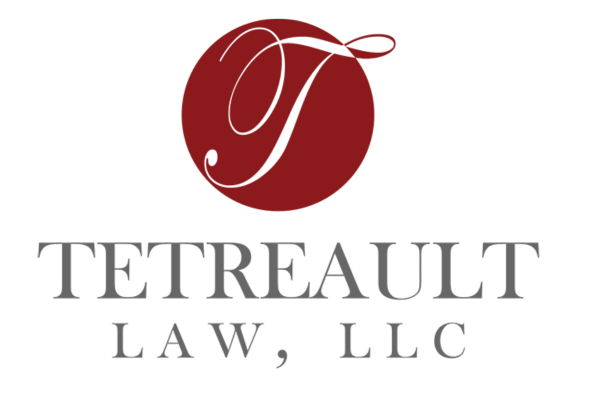7 Common Mistakes to Avoid When Drafting Real Estate Contracts
Real estate transactions often involve significant investments, and the contract is at the heart of the deal. Unfortunately, poorly drafted contracts can lead to legal disputes, delays, or even financial losses. Avoiding common pitfalls in real estate contract drafting is critical for ensuring a smooth transaction and protecting your interests. Below are seven common mistakes to avoid when drafting real estate contracts:
-
1. Lack of Clear Terms
One of the most frequent issues in real estate contracts is the lack of clarity in defining key terms. Ambiguities about important aspects like the purchase price, closing date, or property description can lead to misunderstandings. Ensure that every element of the contract is clearly defined, leaving no room for interpretation.
-
2. Failure to Address Contingencies
Contingencies are essential in real estate contracts, as they allow for flexibility in case certain conditions aren’t met. Common contingencies include financing, inspections, and the sale of another property. Failing to include these provisions could leave you vulnerable if something goes wrong. Be specific about what happens if a contingency isn’t met, and make sure both parties agree to the terms.
-
3. Overlooking Disclosure Requirements
In Georgia, sellers must disclose certain information about the property, such as past damages or any legal issues tied to it. A failure to provide accurate disclosures can lead to lawsuits for fraud or breach of contract. Make sure your contract reflects all required disclosures and the buyer’s acknowledgment of receiving this information.
-
4. Inadequate Description of the Property
A common pitfall is an inaccurate or incomplete description of the property being sold. Ensure that the legal description of the property matches public records and includes all elements of the sale, such as any included fixtures or structures. Failing to do so can result in legal disputes about what was included in the sale.
-
5. Unrealistic Timelines
Setting unreasonable deadlines for completing tasks like securing financing, inspections, or closing can create unnecessary stress and potential breaches of contract. Make sure that the timelines in the contract are realistic and achievable for all parties involved.
-
6. Ignoring State-Specific Legal Requirements
Real estate laws vary from state to state, and contracts need to comply with specific regulations in Georgia. This includes ensuring that the contract complies with Georgia’s Statute of Frauds, which requires real estate agreements to be in writing and signed by both parties. Additionally, consider whether the contract includes other state-specific requirements like termite inspections or flood zone disclosures.
-
7. Not Consulting an Attorney
Perhaps the most significant pitfall in real estate contract drafting is the assumption that a standard template will cover all needs. Every transaction is unique, and using a generic form can leave you exposed to legal risks. Having an experienced real estate attorney review or draft the contract ensures that all legal bases are covered, minimizing the risk of disputes down the road.
Protect Your Investment with Real Estate Contract Guidance from Tetreault Law
At Tetreault Law, we specialize in residential and commercial real estate transactions in Savannah and are committed to protecting your interests. If you’re looking for assistance in drafting or reviewing a real estate contract, our team is here to help. Contact us today at (912) 355-9109 to schedule a consultation and ensure that your transaction is legally sound and free from pitfalls.


Recent Comments